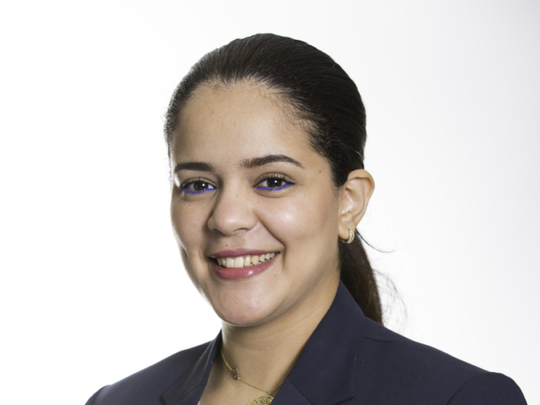
Dubai: Diabetic patients must take extra precautions while fasting during Ramadan, health experts have said.
Cautioning against misplaced advice on the subject, they said it is an absolute must for diabetic patients to consult their doctors before embarking on a fasting plan. According to them, the Quran states that there are groups of people who do not have to fast if it puts their health at risk. They include diabetics, besides children, pregnant or breastfeeding women, the elderly and anyone who is immuno-compromised.
Diabetics who are given the green signal to fast should be careful about the kind of food they eat and the quantity and the timing of their meals and medication.
Imane Laabichi, Diabetes Edu-cator at Mediclinic City Hospital, said: “It is very common to find diabetics suffering from hyperglycemia or high blood sugar during Ramadan. The reason is that they tend to consume more carbohydrates and miss their medication. Sometimes fasting itself is a factor. Therefore, it is important to consult a doctor before the start of Ramadan. It is essential to eat the correct foods in correct portions and at the correct time.” She said patients should check their blood sugar level at least once a day.
Risk factors
Dr M. Hamed Farooqi, director and consultant endocrinologist at the Dubai Diabetes Centre, said other risk factors like hypoglycemia (low blood sugar) and dehydration must also be kept in mind. A drop in sugar level results in symptoms like weakness, quivering, palpitations, sweating etc. As such, all diabetics should always keep a fast-acting sweet with them readily at hand. Fruit juices act immediately, so it is advisable to keep a juice pack handy.
Similarly, dehydration poses a problem on hot and long days. Patients should keep themselves sufficiently hydrated and avoid caffeine.
Zaufyshan Haseeb, behaviorial psychologist, explained how those fasting should opt for slow energy-releasing foods. She said: “When the sugar is low, your energy levels are low and you tend to be cranky and angry. So you have to learn to keep your sugar and emotions under control.”
Slow energy release foods should be taken before and after fasting, whereas foods high in saturated fat should be minimised. High fibre foods such as wholegrain cereals, granary bread, brown rice, beans and pulses, fruits, vegetables, and salads are highly recommended. Vigorous physical activity is not recommended as it may lead to hypoglycaemia.













